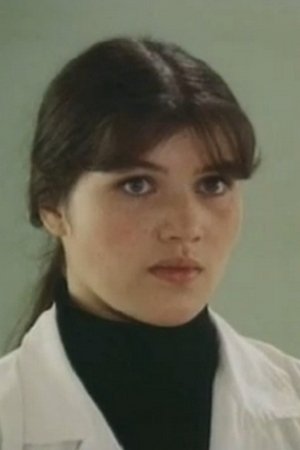
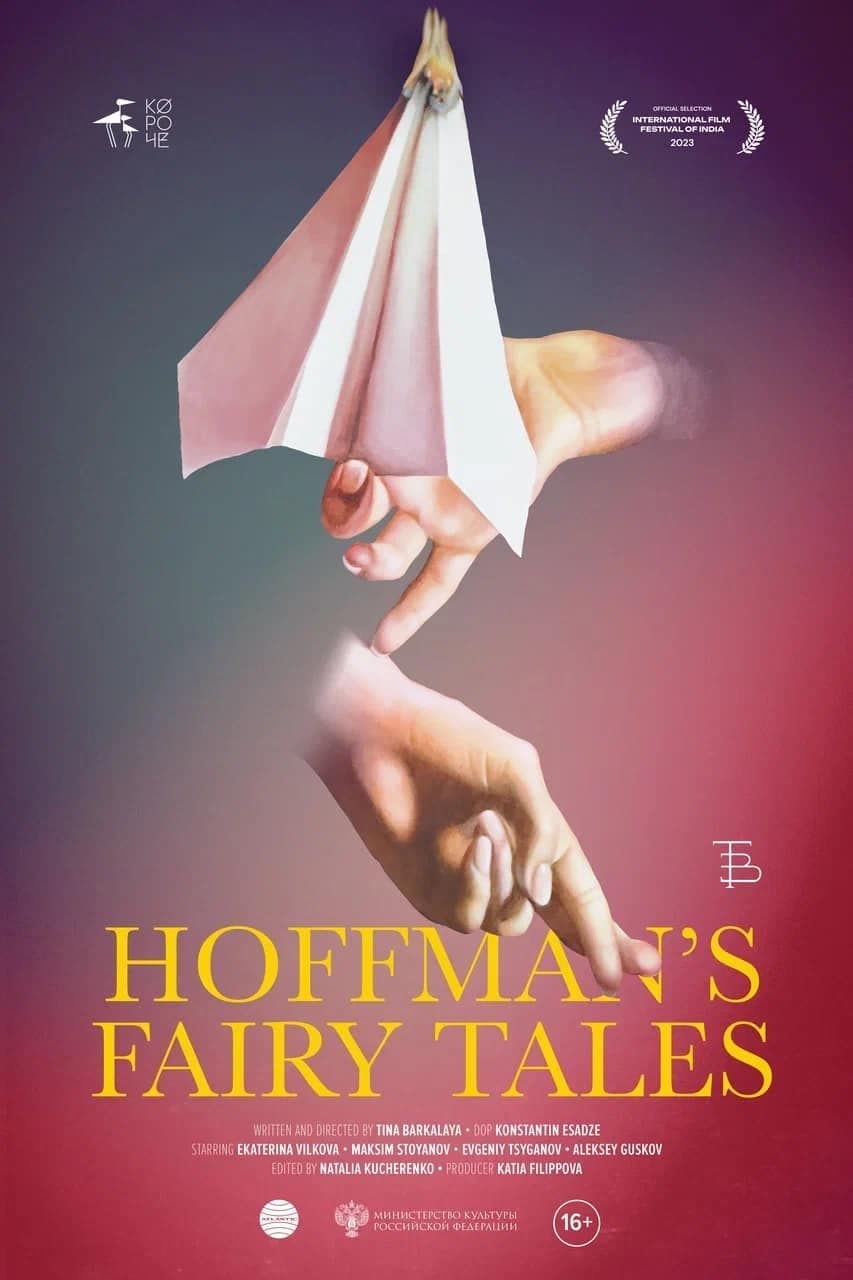
The beginning of the 2000s. New realities, instant adaptation to the proposed circumstances, enchanting careers, unexpected unknown professions... All this could have happened only at the turn of the century, when the Soviet system instantly went out of fashion, replaced by the lightning invasion of the Western world in a grotesque parody. The main character of the film is an inconspicuous girl Nadezhda Strakhova. Nadezhda, oddly enough, is married. Her husband, Vitalik, a provincial, married a childless Nadezhda for the sake of a Moscow residence permit and a typical "Khrushchev" on the outskirts of Moscow. Nadezhda works two jobs to support her small family: in the mornings in the district library and in the evenings in the theater wardrobe. One day her life changes dramatically.
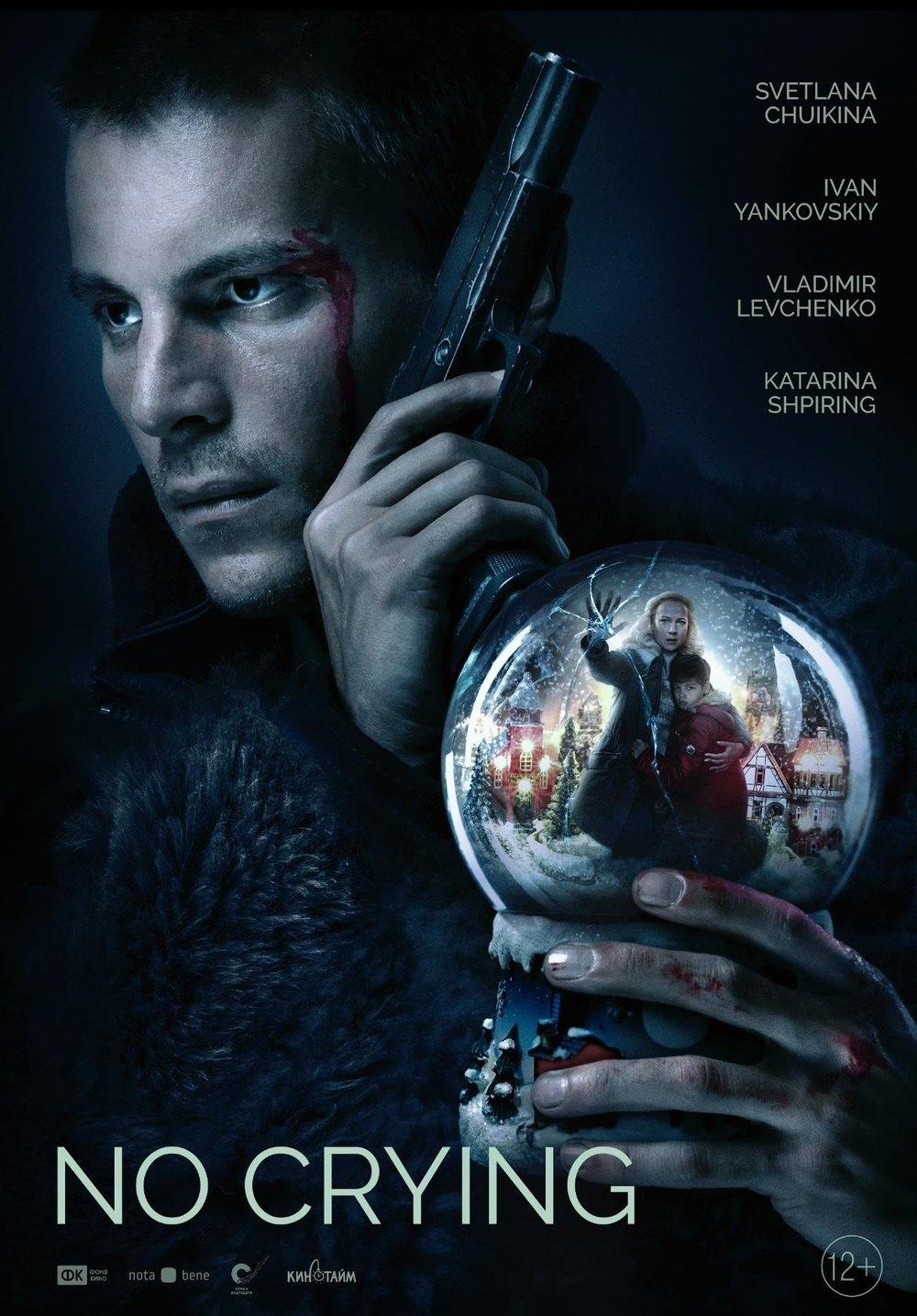
A Russian emigrant in Scandinavia sends her son to school, but he does not return. In search of a child, she finds herself in a dead end: according to the laws of the "new" juvenile justice, her son is the property of the state.
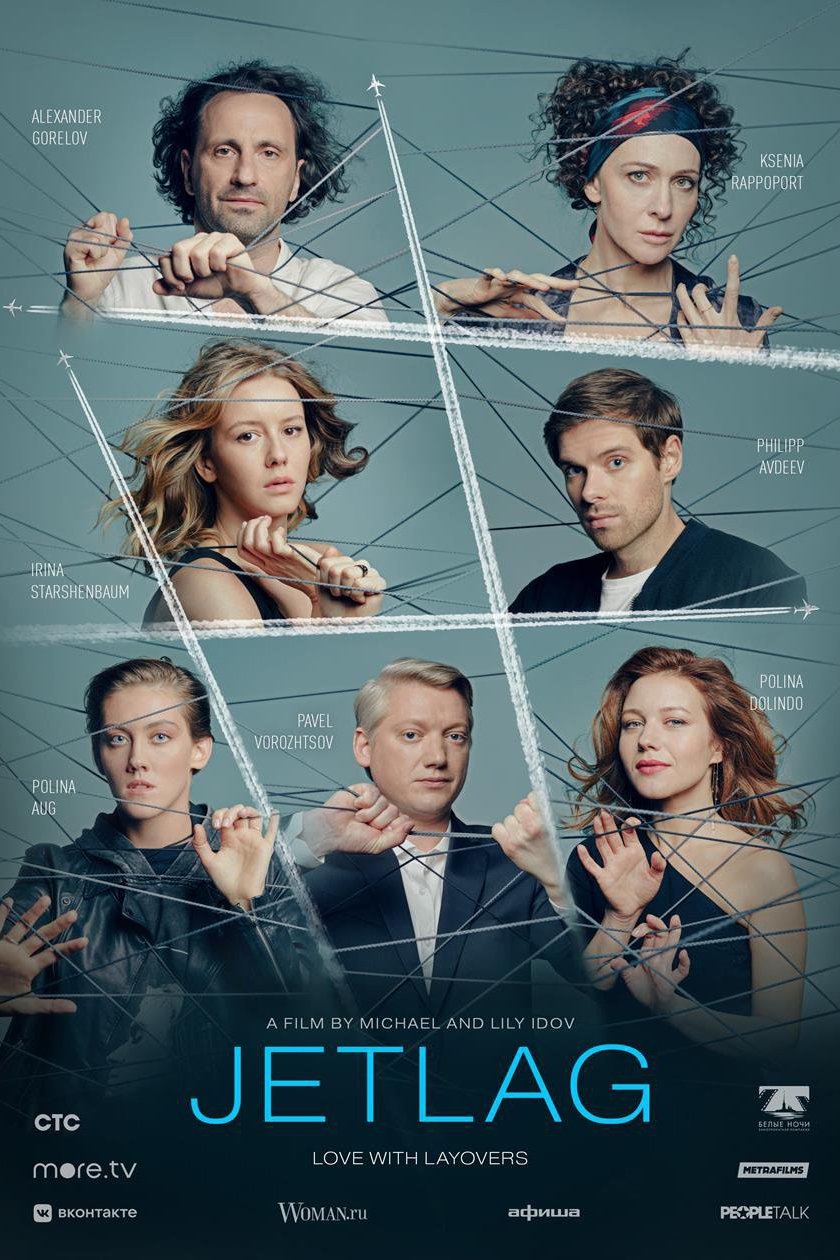
A fight en route to an airport leads an ordinary Moscow couple to split on a whim. With Nikita ending up in Thailand and Zhenya in Berlin, both find themselves in two separate love triangles, inadvertently causing chaos in others' relationships as they attempt to fix theirs. But even continents apart, their lives turn out to be more intricately connected than they realize.
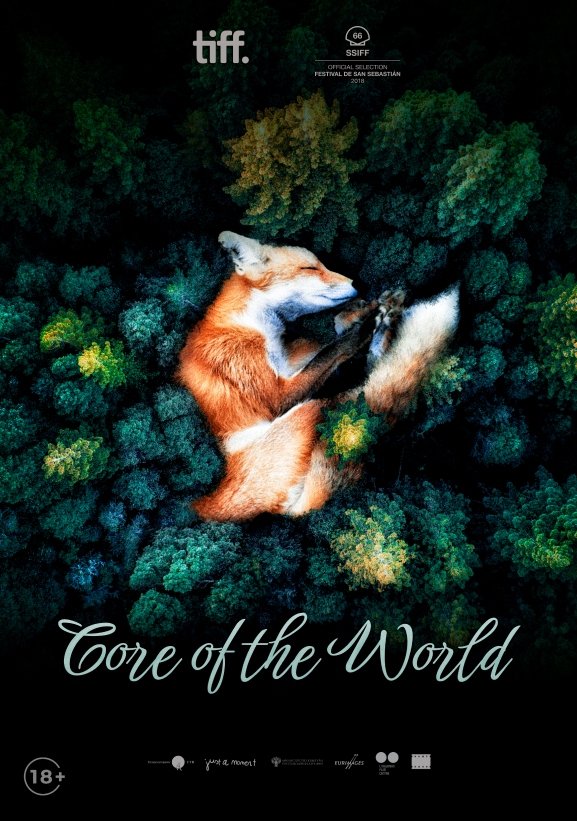
Egor is a vet at a training facility for hunting dogs in a remote region of the country. Surrounded by foxes, deer, badgers, and dogs, he lives in a small building next to the house of the facility's master. He treats the dogs, cleans the kennels, oversees the workers, and meets with clients and their dogs. It's easier for him to get along with dogs than with people. Egor is willing to take on any job to get closer to the facility's master and his near and dear. He wants the impossible - to become a member of that family.

The film adaptation of the famous novel by Leo Nikolaevich Tolstoy. The story of the illegal and tragic love of a married lady Anna Karenina for a brilliant officer Vronsky.
By browsing this website, you accept our cookies policy.